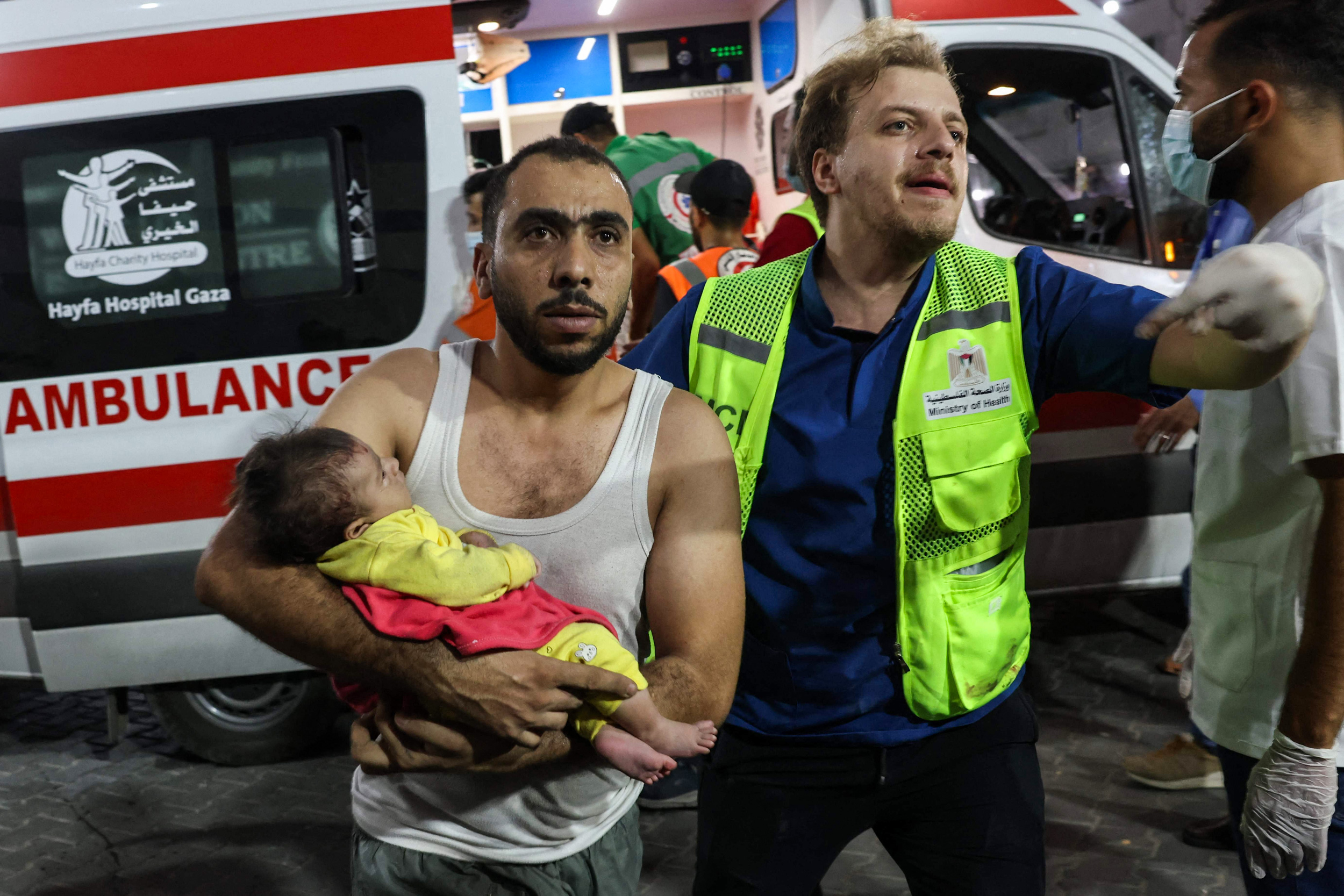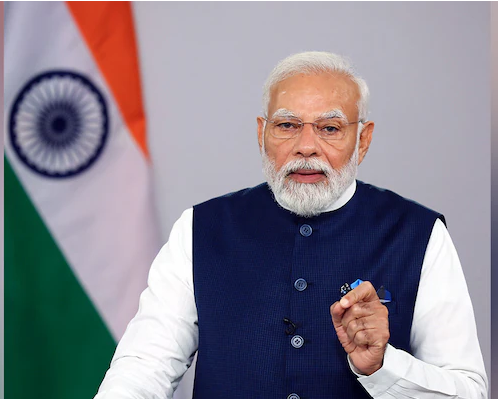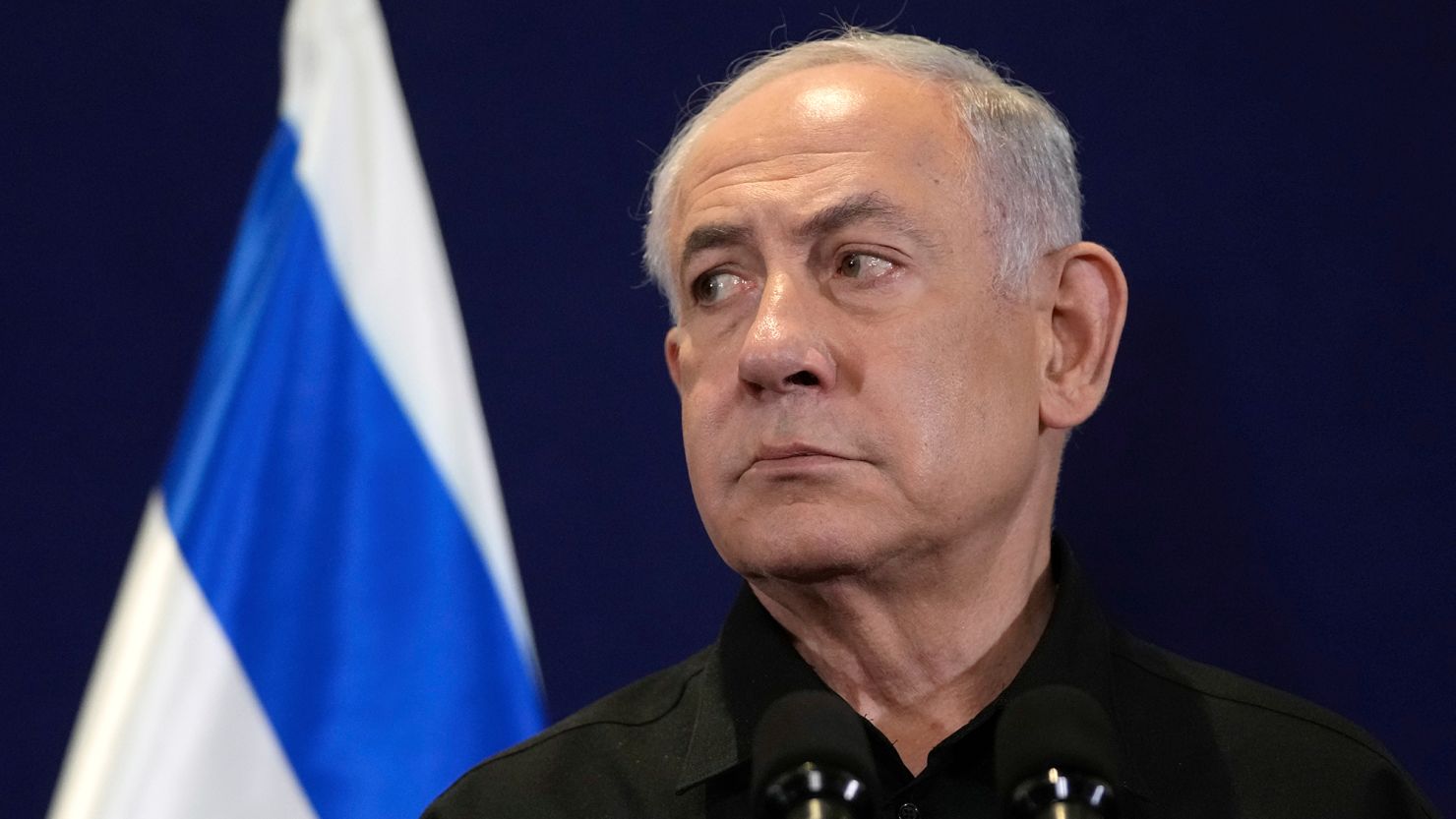Crisis looms in Gaza: Hospitals to run out of fuel in 24 hours, says UN

NEW DELHI: The United Nations humanitarian office (OCHA) issued a dire warning, stating that reserves of fuel in these hospitals are expected to last for only approximately 24 more hours.
The scarcity of generator fuel in Gaza's hospitals is more than a logistical challenge; it's a matter of life and death.
According to OCHA, if the backup generators were to shut down, thousands of patients would be left in dire straits with limited access to essential medical care.
Among these patients are children and adults with severe injuries, and their survival hinges on the availability of continuous electricity.
This crisis comes amidst an already dire humanitarian situation in Gaza.
The coastal enclave, besieged for years, is grappling with severe shortages of food, clean water, and basic safety. The situation is further exacerbated by the looming threat of an Israeli ground offensive in response to a deadly attack by Hamas.
The Israeli military, with the support of a growing deployment of US warships in the region, is amassing forces along Gaza's border, preparing for a substantial campaign to dismantle the militant group.
The ongoing conflict has already exacted a heavy toll on both sides. The Gaza Health Ministry reports that 2,670 Palestinians have been killed, with 9,600 wounded since the fighting began, reported the Associated Press.
This makes it the deadliest of the five Gaza wars for both Palestinians and Israelis. On the Israeli side, over 1,400 people have lost their lives, primarily civilians, making this the deadliest war since the 1973 conflict with Egypt and Syria.
Amidst this escalating conflict, international efforts to mitigate the crisis are underway. US Secretary of State Antony Blinken is returning to Israel after a whirlwind tour of Arab nations aimed at preventing the situation from igniting a broader regional conflict.
There are also talks of a visit by President Joe Biden, although concrete plans have yet to be finalised. The escalation is not limited to Gaza alone. Fighting along Israel's border with Lebanon has intensified, with Hezbollah militants launching rockets and anti-tank missiles, and Israel responding with airstrikes and shelling. This escalation has resulted in casualties on both sides and threatens to further destabilise the region.
Critical care facilities, like Nasser Hospital, are inundated with severely wounded patients, many of them young children.
The magnitude of the crisis is evidenced by the decision of Shifa Hospital in Gaza City to bury 100 bodies in a mass grave due to the morgue overflowing. Tens of thousands of people seeking safety have congregated in the hospital compound. Gaza was already grappling with a humanitarian crisis due to water and medical supply shortages caused by the Israeli siege.
Water supplies are dwindling, and the region is facing an unprecedented catastrophe. The United Nations and other humanitarian organisations are struggling to provide assistance to the growing number of displaced people and those seeking shelter in schools and facilities across Gaza.
The United States is working to broker a deal to reopen Egypt's Rafah crossing with Gaza to allow foreign nationals to leave and deliver humanitarian aid. However, the crossing, closed due to airstrikes early in the war, has yet to reopen. Israel has linked the lifting of the siege to the return of captives.











